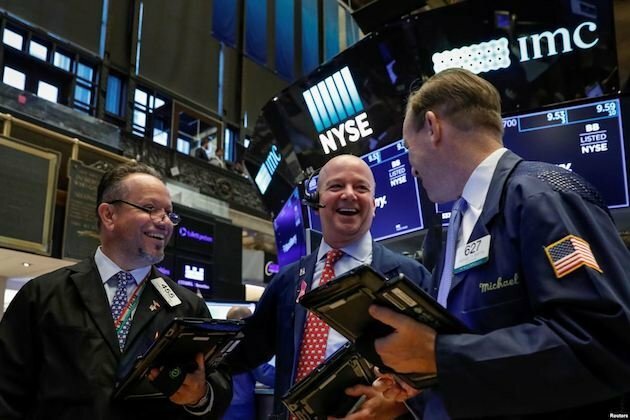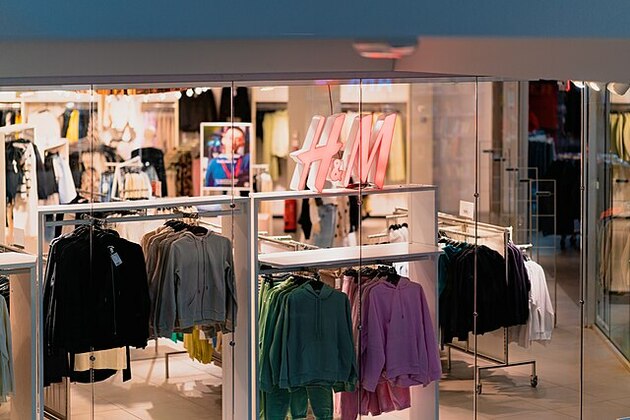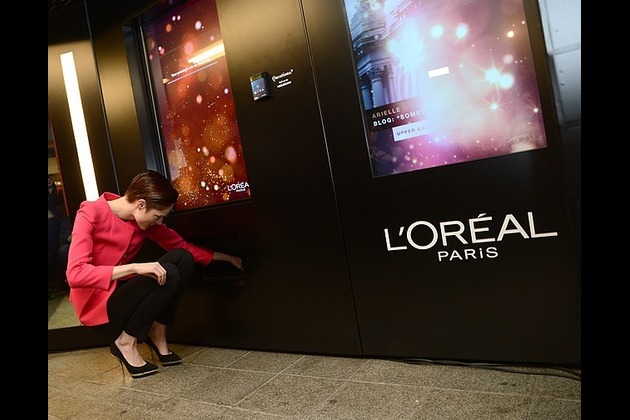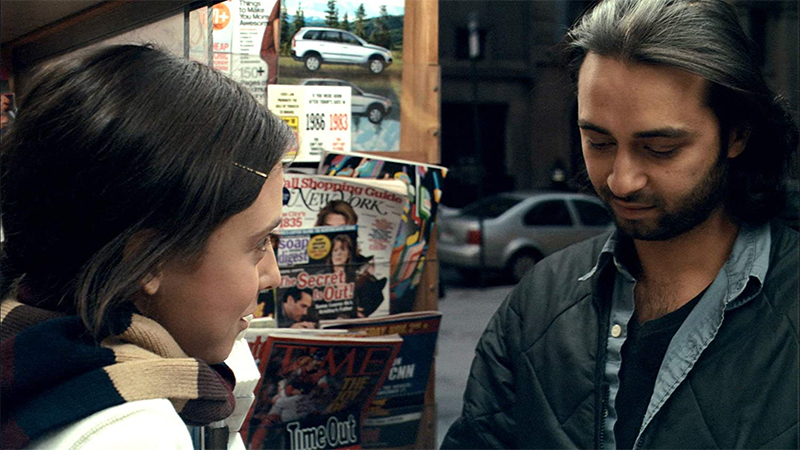Netflix show brings back Blockbuster, but some brands should stay dead
The Conversation
24 Nov 2022, 14:09 GMT+10
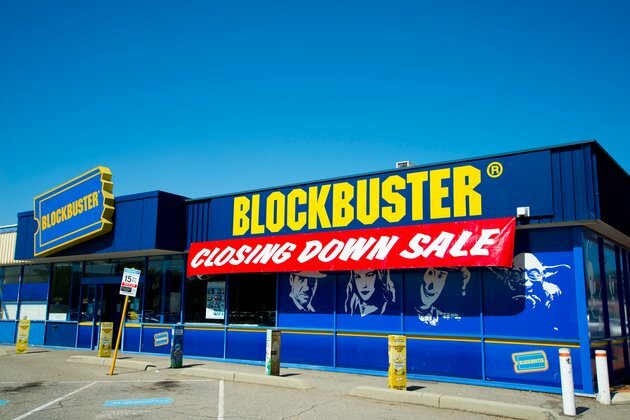
Streaming services are replete with stories of the dead coming back to life. They're also chock-full with dead or almost dead brands. Shows like Stranger Things have not only given new life to 1980s pop classics like Kate Bush's Running up that Hill, but also former tech icons such as Polaroid.
One of Netflix's latest shows goes beyond product placement by placing a dead brand, Blockbuster, at the centre of the drama. The story is set in the last Blockbuster retail outlet in the USA, and focuses on employees' attempts to save the store, ironically in the face of the onslaught of Netflix.
Nostalgia is nothing new. People often pine for a past that seemed simpler, authentic, and sometimes even associate brands with childhood. Blockbuster may be seen as a cultural hub for some millennials, in the way the record store was for many in generation X (see Nick Hornby's High Fidelity). Such hubs are often associated with memories such as exploring new genres, or even dealing with snobby clerks passing judgement on one's lack of taste.
Netflix hopes viewers will emotionally engage with a story about a global brand in its death throes. But research reveals that consumers have a complex relationship with dead brands. The relaunch of official Star Wars film franchise in 1999 and the VW Beetle in 1997 prompted heated fan debate about whether the retro-styled new releases were authentic.
Many argued they were motivated by purely commercial decisions that sat at odds with the original intent of their creators. Fans of the discontinued Apple Newton portable digital device held a religious-like belief for an eventual return (they're still waiting). Citizens of former East Germany celebrated the superiority of long-dead "Ossi" brands of condiments on social media as a way of dealing with a sense of collective identity loss after being merged with capitalist West Germany after the fall of the Berlin Wall (eventually many of the brands were relaunched).
Loyalty versus relevance?
Given that, for every Old Spice success story, there's at least a couple of Woolworths failures, is it ever worth trying to revive old brands? In marketing parlance, brand equity (value) is a consequence of consumer loyalty. It is a function of the brand's image, which consists of brand knowledge and likeability, and the extent to which it is relevant to a sizeable audience.
This is where things get tricky for dead brands. Their death was usually due to their lack of relevance. Blockbuster, already experiencing problems, failed to match Netflix's mail order operation because doing so would undermine its commitment to retail.
Unfortunately for Blockbuster, consumers didn't value the store experience as much as the company thought. When the technology became available, mail order was replaced with streaming. Beyond a few old-time loyalists, nostalgia for the past may not necessarily translate into present day sales.
Brand value is also calculated as a function of future revenue streams, with the assumption that loyal consumers will continue to buy the brand into the foreseeable future. However, the actual value of loyalty is one of the most contentious debates in marketing practice. Research from the Ehrenberg-Bass Institute argues that loyalty declines quite quickly, whereas other marketing experts suggest the opposite.
Regardless of one's position, an emphasis on relevance (over consistency) has gained greater attention. Brands constantly have to renew their relationship with fickle consumers (as Netflix has discovered, while simultaneously remaining true to the spirit of the brand. Studies on retro brands in New Zealand or iconic franchises such as James Bond reveal how marketers constantly tweak brand formulas to remain authentic and relevant.
This is the challenge for dead brands. They died for a reason. We may still remember them fondly, but they have the same authenticity as museum pieces: high on heritage, low on relevance. And so they are often enjoyed fleetingly, behind glass.
So should Blockbuster be revived? As a brand, no. But as a licensing opportunity, possibly. Iconic bands such as the Ramones and Blondie gain income from licensed t-shirts (not to sound like a snobby clerk, but ironically often worn by people who have never even heard the music). Similarly, brands such as Kodak, Polaroid, and Atari have found fleeting new life in (fast) fashion. Much like those bands of yesterday, however, iconic brands of the past have typically left their best years behind them.
Authors: Michael Beverland - Professor of Brand Management, University of Sussex | Pinar Cankurtaran - Assistant professor, Delft University of Technology 
 Share
Share
 Tweet
Tweet
 Share
Share
 Flip
Flip
 Email
Email
Watch latest videos
Subscribe and Follow
Get a daily dose of Massachusetts Sun news through our daily email, its complimentary and keeps you fully up to date with world and business news as well.
News RELEASES
Publish news of your business, community or sports group, personnel appointments, major event and more by submitting a news release to Massachusetts Sun.
More InformationInternational
SectionWhite House meeting between Trump, Netanyahu on July 7
WASHINGTON, D.C.: President Donald Trump will meet Israeli Prime Minister Benjamin Netanyahu at the White House on Monday. President...
Over 60 companies named in UN report on Israel-Gaza conflict
GENEVA, Switzerland: A new United Nations report alleges that dozens of global corporations are profiting from and helping sustain...
UK lawmakers desigate protest group as terrorist organization
LONDON, UK - Lawmakers in the United Kingdom have voted overwhelmingly to proscribe the direct-action group Palestine Action as a terrorist...
Dalai Lama to address Buddhist conference, reveal succession plan
DHARAMSHALA, India: The Dalai Lama is set to address a significant three-day conference of Buddhist leaders this week, coinciding with...
US Supreme Court backs Texas efforts to shield minors online
WASHINGTON, D.C.: In a significant ruling last week, the U.S. Supreme Court upheld a Texas law requiring age verification for users...
Turkey, France battle wildfires amid early Europe heatwave
ISTANBUL/PARIS/BRUSSELS: As searing temperatures blanket much of Europe, wildfires are erupting and evacuation orders are being issued...
Business
SectionGrammarly acquires Superhuman to boost AI workplace tools
SAN FRANCISCO, California: Grammarly is doubling down on AI-powered productivity tools with the acquisition of Superhuman, a sleek...
Standard and Poor's 500 and and Nasdaq Composite close at record highs
NEW YORK, New York -U.S. stock markets closed with broad gains on Thursday, led by strong performances in U.S. tech stocks, while European...
Persson family steps up H&M share purchases, sparks buyout talk
LONDON/STOCKHOLM: The Persson family is ramping up its investment in the H&M fashion empire, fueling renewed speculation about a potential...
L'Oreal to buy Color Wow, boosts premium haircare portfolio
PARIS, France: L'Oréal is making a fresh play in the booming premium haircare segment with a new acquisition. The French beauty conglomerate...
Robinhood launches stock tokens for EU investors, adds OpenAI
MENLO PARK, California: Robinhood is giving European investors a new way to tap into America's most prominent tech names — without...
Wall Street diverges, but techs advance Wednesday
NEW YORK, New York - U.S. stocks diverged on Wednesday for the second day in a row. The Standard and Poor's 500 hit a new all-time...








